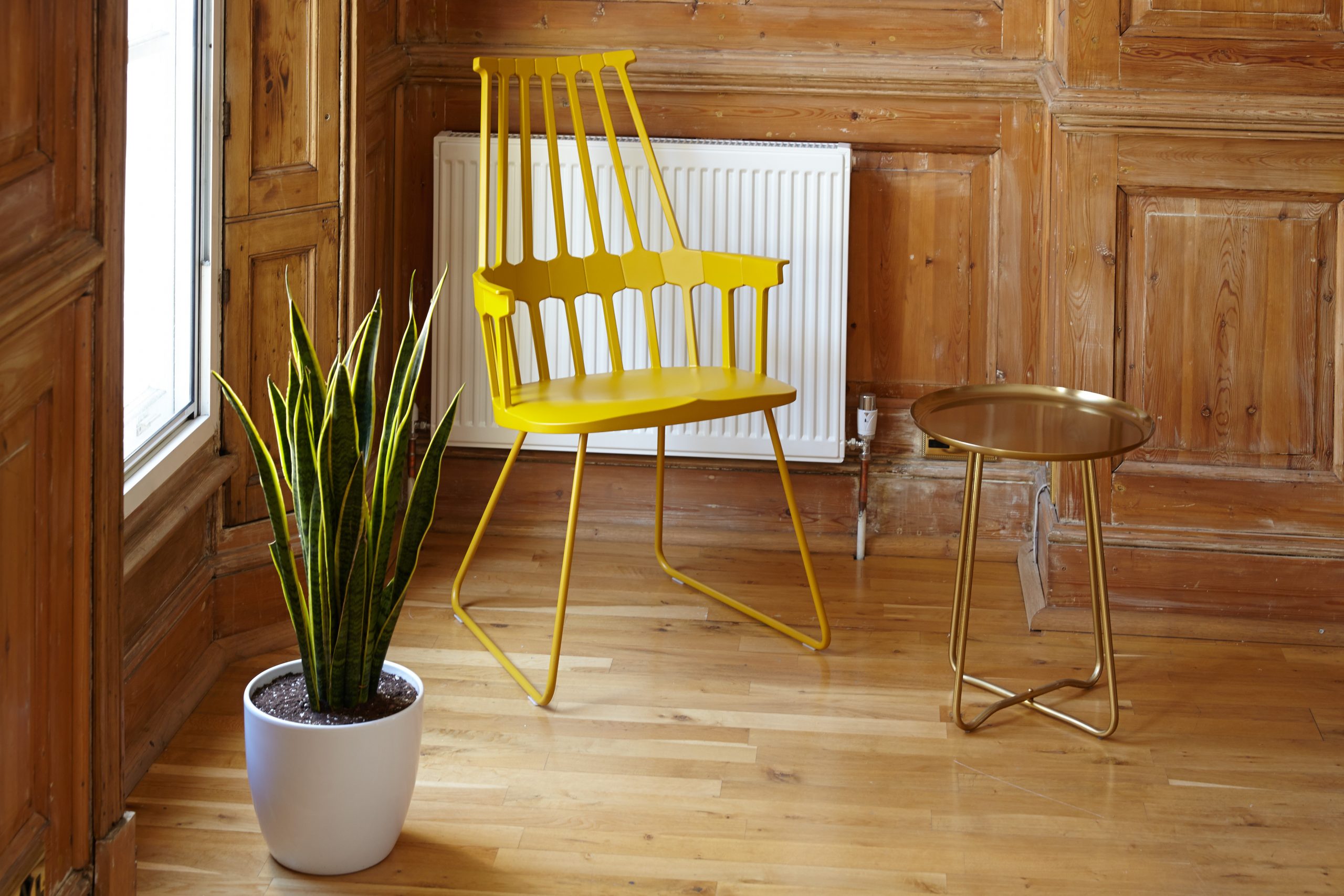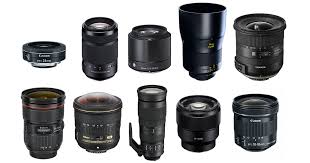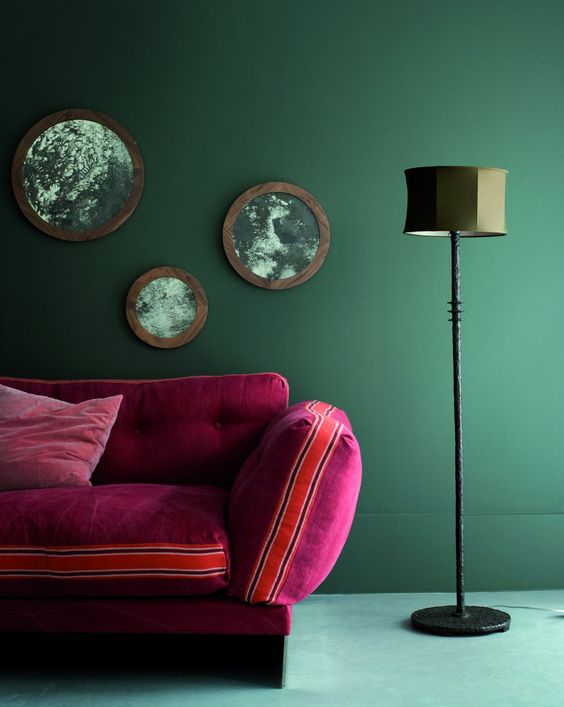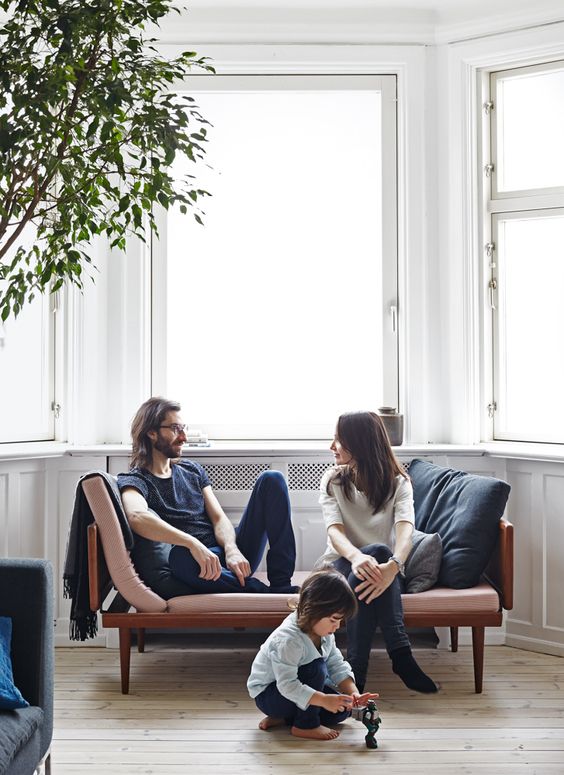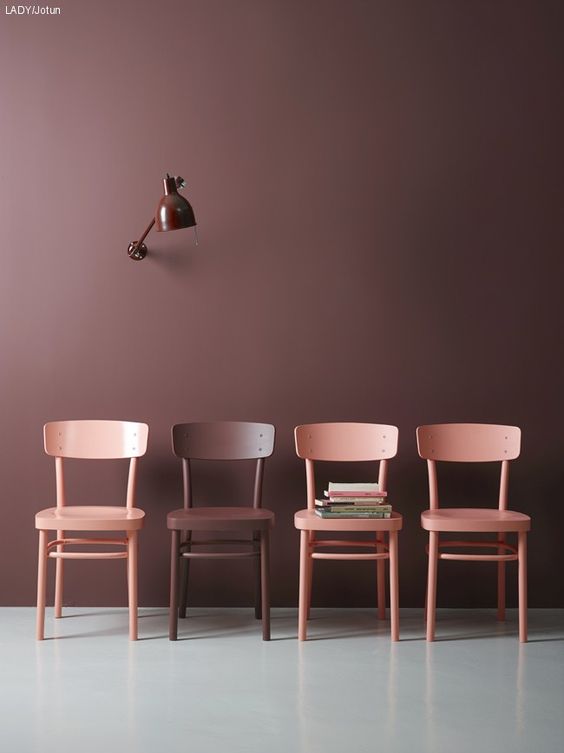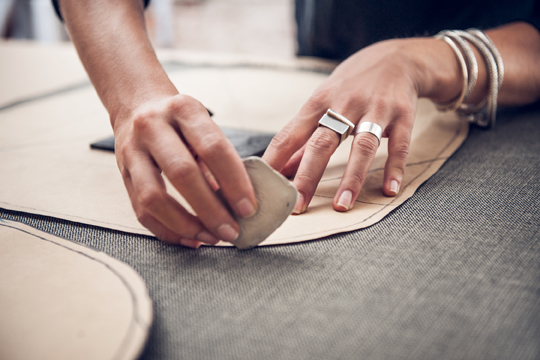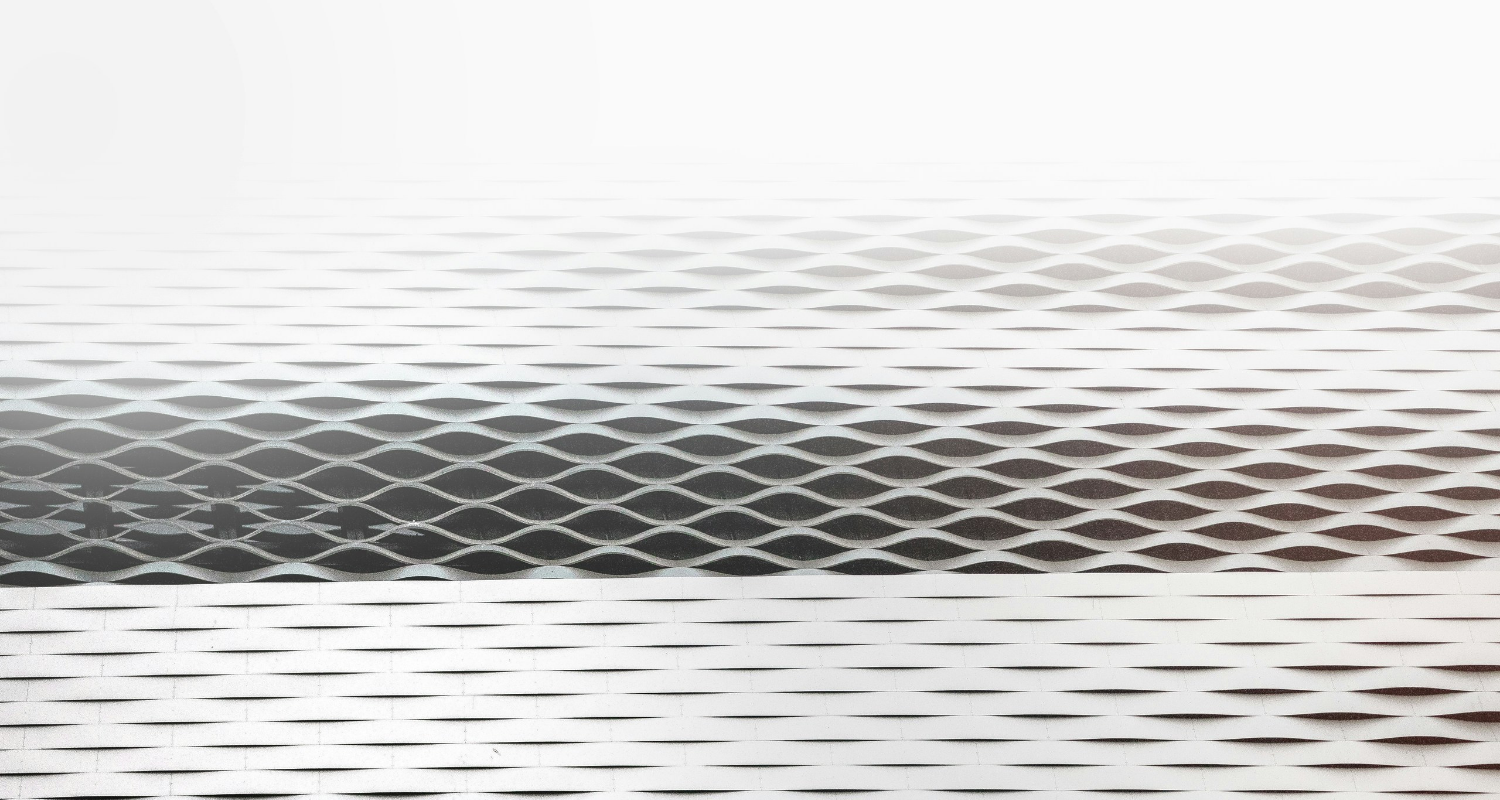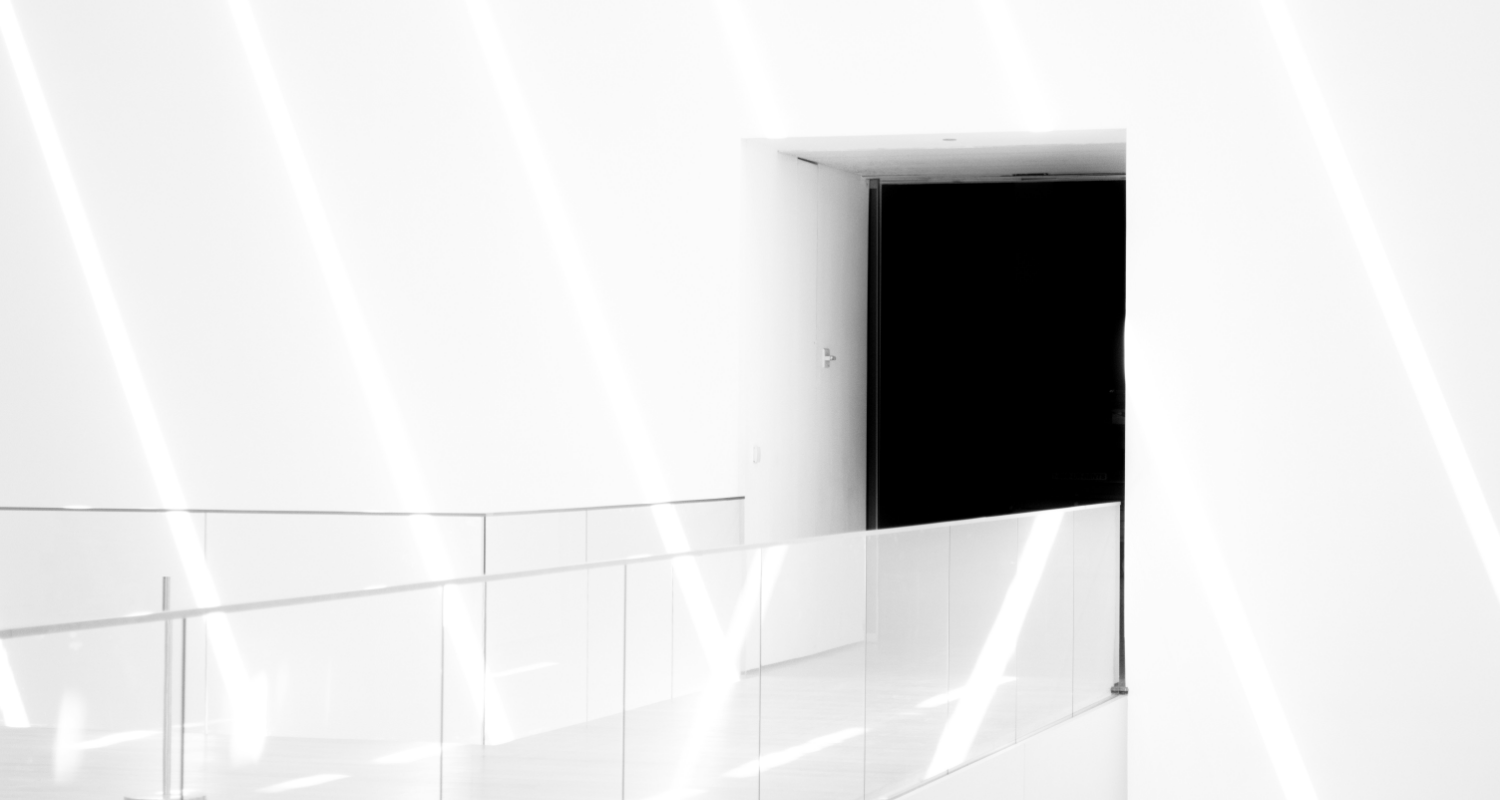Anyone who has moved into a new house or decided to upgrade their decor will know that buying furniture is a big decision. It tends to be bulky, expensive, and difficult to transport. On top of all of that, furniture tends to stick around – if not for generations, at least for a few years. A sofa, for example, is likely to form the lifeblood of your living room for many years.
For all these reasons, buying furniture online can be daunting for some. Many customers want to be able to touch, feel and try out furniture before making the investment. Which means the onus is on the photographer to create spotless and representative furniture photography that helps communicate, quality, function and style to the consumer.
The Basics
In order to shoot great furniture photography that persuades the customer to make the investment and click “buy”, you should follow a few simple rules:
Choose the right lens
It might surprise you that the most significant investment to be made in your photography isn’t your camera body. It’s all about the lens. A great lens vs. a cheap lens will have a huge effect on your photography. Choosing the right lens isn’t always easy, but a prime lens, such as a 30mm or 50mm, will work well for furniture photography. As long as you have the flexibility to move around and get up close to the object, a prime lens provides the highest quality and crispest detail.
Source: Digital Photo
Get the light right
Lighting is everything when it comes to photography. If you’re lucky, you’ll have a studio and a professional lighting setup that will make life a lot easier – as long as you know how to use it! Alternatively, you can use a DIY lighting set up or natural light. Both these options can yield great results but are likely to be more challenging if you are shooting big pieces of furniture as consistency across the object is harder to achieve.
Clean and polish
Make sure the furniture is immaculate. Do a thorough check (before the shoot) to ensure there are no stains, marks or scratches, and polish any wood surfaces, so they shine and show off the wood texture and grain. Making sure fabric is crease-free is crucial. Creases will show up even more under the studio lights.
Shoot from every angle
Make a shoot list before you begin to photograph. The list should include all the angles you want to shoot from. Place them in order of priority by listing the key angles first (from the front and sides), then think about the details and features you need to capture. Does the table have interesting legs or an extendable top?
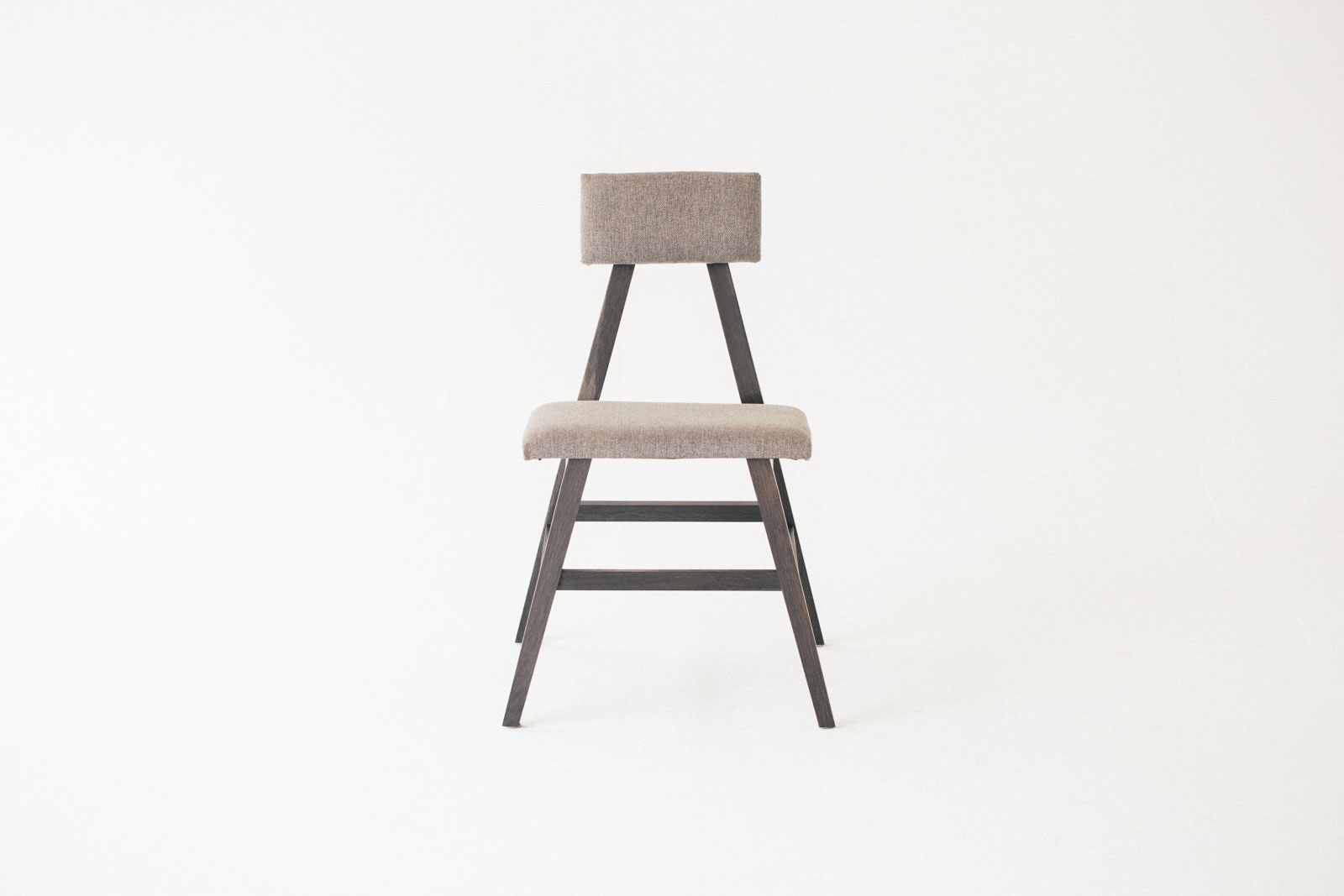
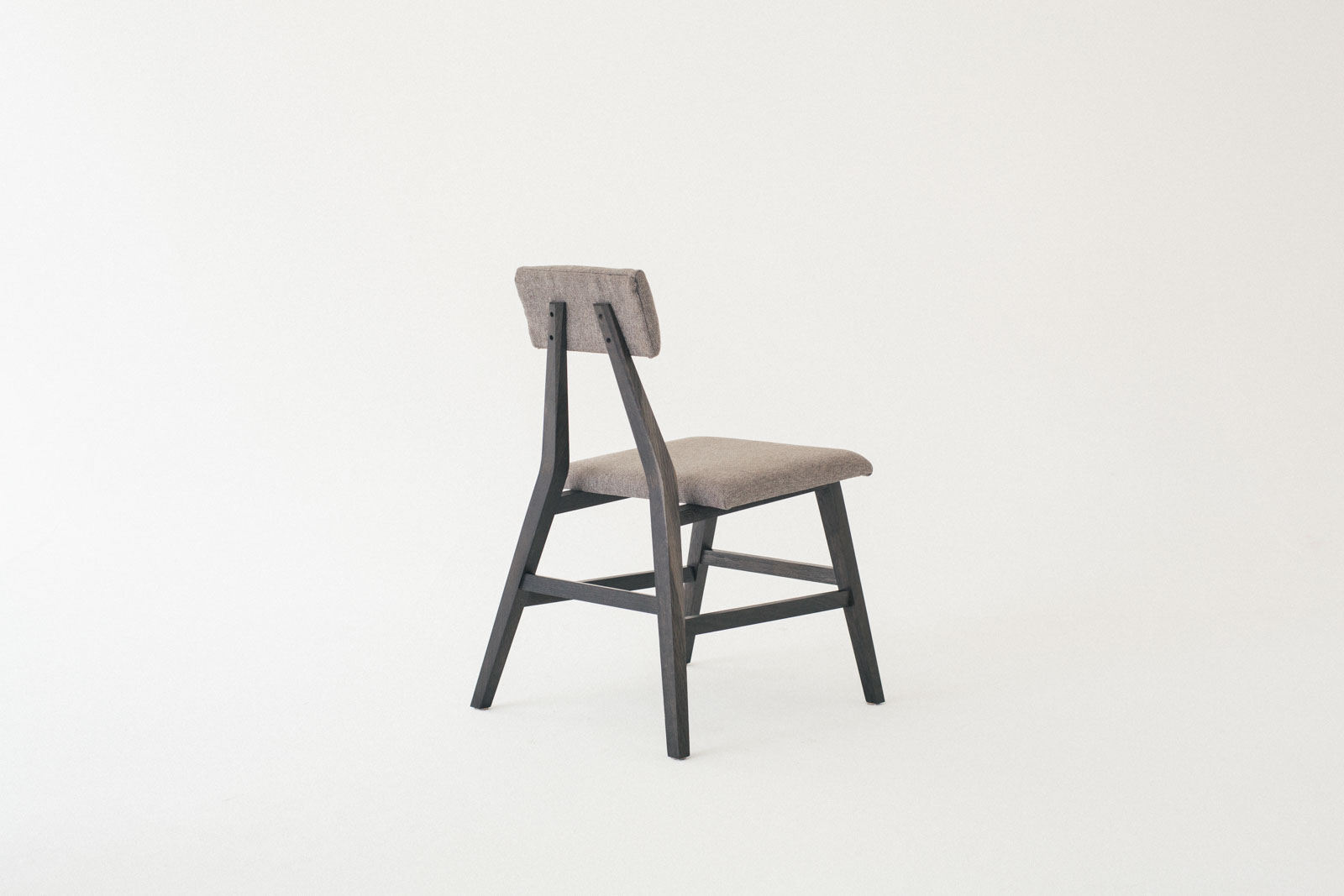
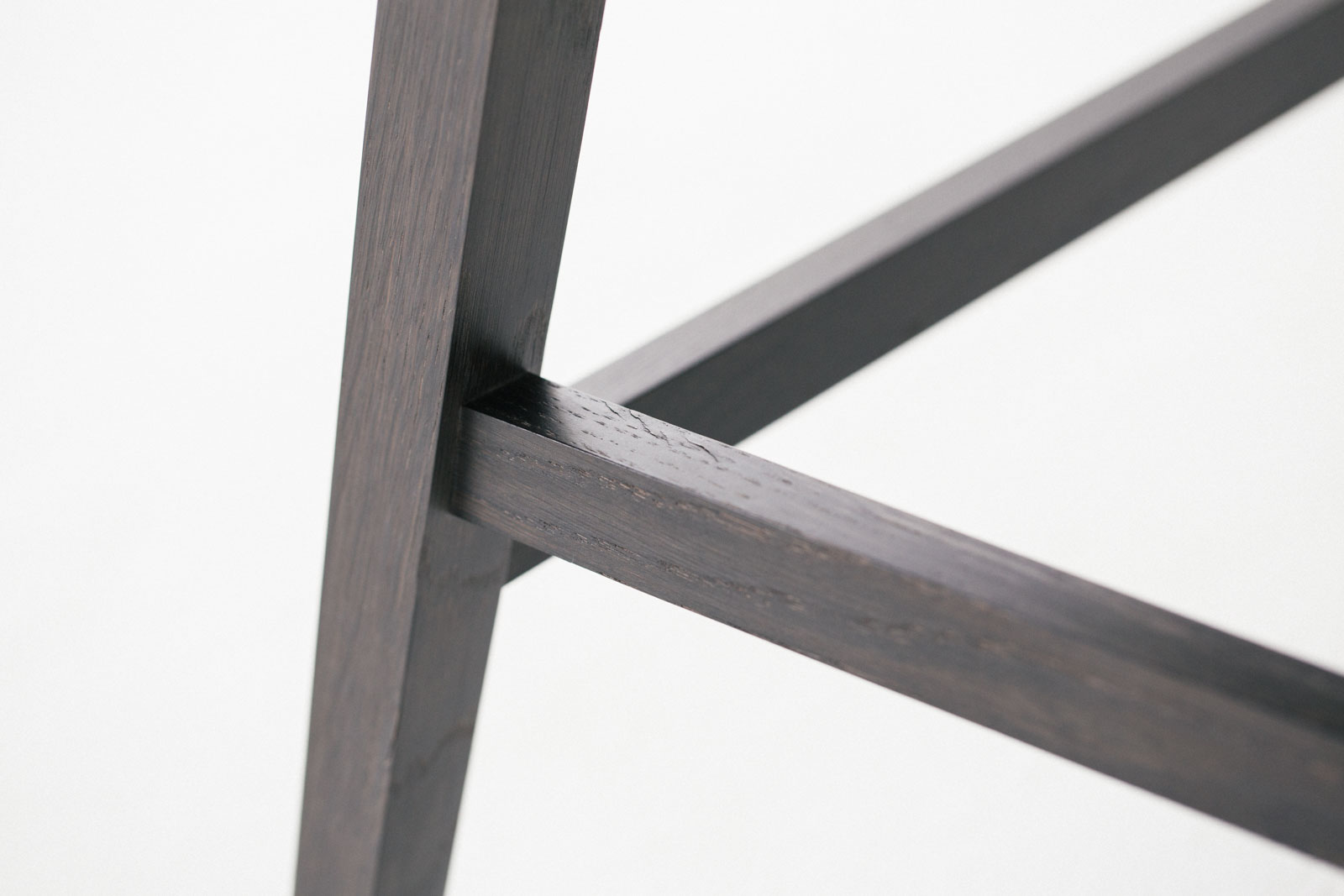
Source: Leibal
Communicate its scale
Scale is important when it comes to furniture. There’s nothing worse than investing in a piece of furniture and getting it delivered only to find that it’s too big for the room you had planned to put it in! Although the measurements will most likely be included in the listing, it’s useful to incorporate visual cues such as a pair of shoes or a painting in the background to indicate how large the piece of furniture is.
Source: Ochre
Zoom in
Getting close up macro shots is essential when it comes to shooting furniture – whether it’s capturing the wood grain and texture or the type of the material used for the cushions. Investing in a good macro lens is useful for this so you can offer the viewer a zoom function enabling them to choose to see the product close up when browsing.
Getting creative
So, you’ve got the basics down. Now for the fun part: Try to incorporate some fun, creative lifestyle shots into your shoot list to complement the basic white background shots and give the buyer an added reason to purchase that beautiful piece of furniture that you are photographing.
Shoot the furniture in context
White backgrounds, with no distractions for the customer, are an absolute necessity when it comes to showing off the furniture on a blank canvas. But context is key to selling the story and lifestyle to the customer. Try to think about who you are trying sell the furniture to. If it’s a family sofa, try shooting it with a family enjoying it. If it’s an industrial table designed for an industrial space, do some location scouting and find just that.
Source: Kinfolk
Photograph matching or similar furniture together
Similar to shooting in context, try to incorporate other objects and/or pieces of furniture alongside it to complement the piece. Remember, pieces of furniture are design objects. They are likely to be selected by customers because they fit their space or interior design of their home.
Source: Room Decor Ideas
Tell the story of the furniture
What is unique about the piece? For example, if it’s handmade, could you include documentary-style images of it being made or designed? If it’s inspired by a country or culture, incorporate some images that tell its story!
Source: Behance
Color palettes
Whether you’re shooting brightly colored furniture or neutral tones, make sure its surroundings and props work with the piece, showing it in its best light. Any designer will tell you that a color palette is key, so it’s worth using tools such as Adobe’s Color Wheel to formulate a plan as to what color props and backdrops to buy.
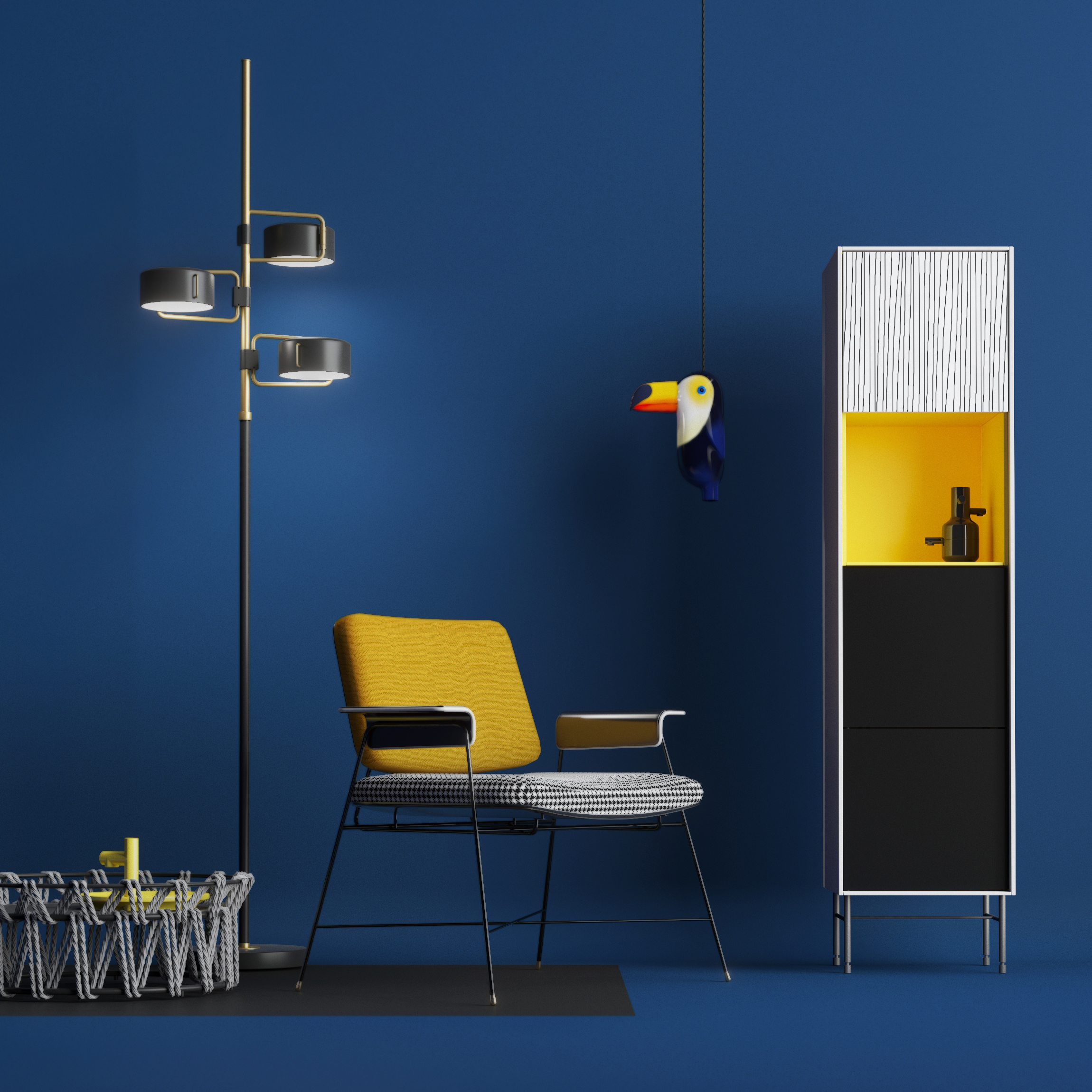
Source: Behance
Balance
Think about what kind of furniture you’re shooting. Does it show off clean lines and geometry or is it organic and uneven? How can you use background and angles to accentuate the furniture’s personality really?
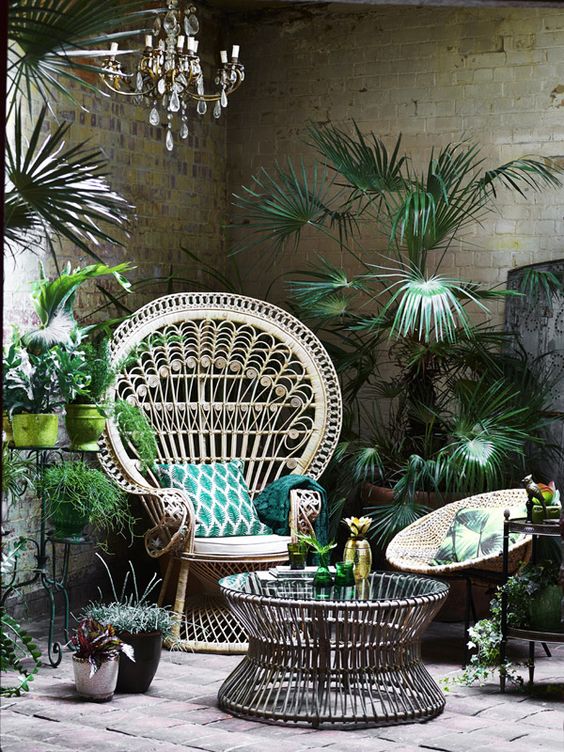
Source: Sarah Kaye
The most important thing when it comes to shooting furniture photography is to have fun with it. Cross the standard white background photography off the list, but play around with new ideas. Furniture is a great subject matter for photographers because it is colorful, textured and has many different forms.

